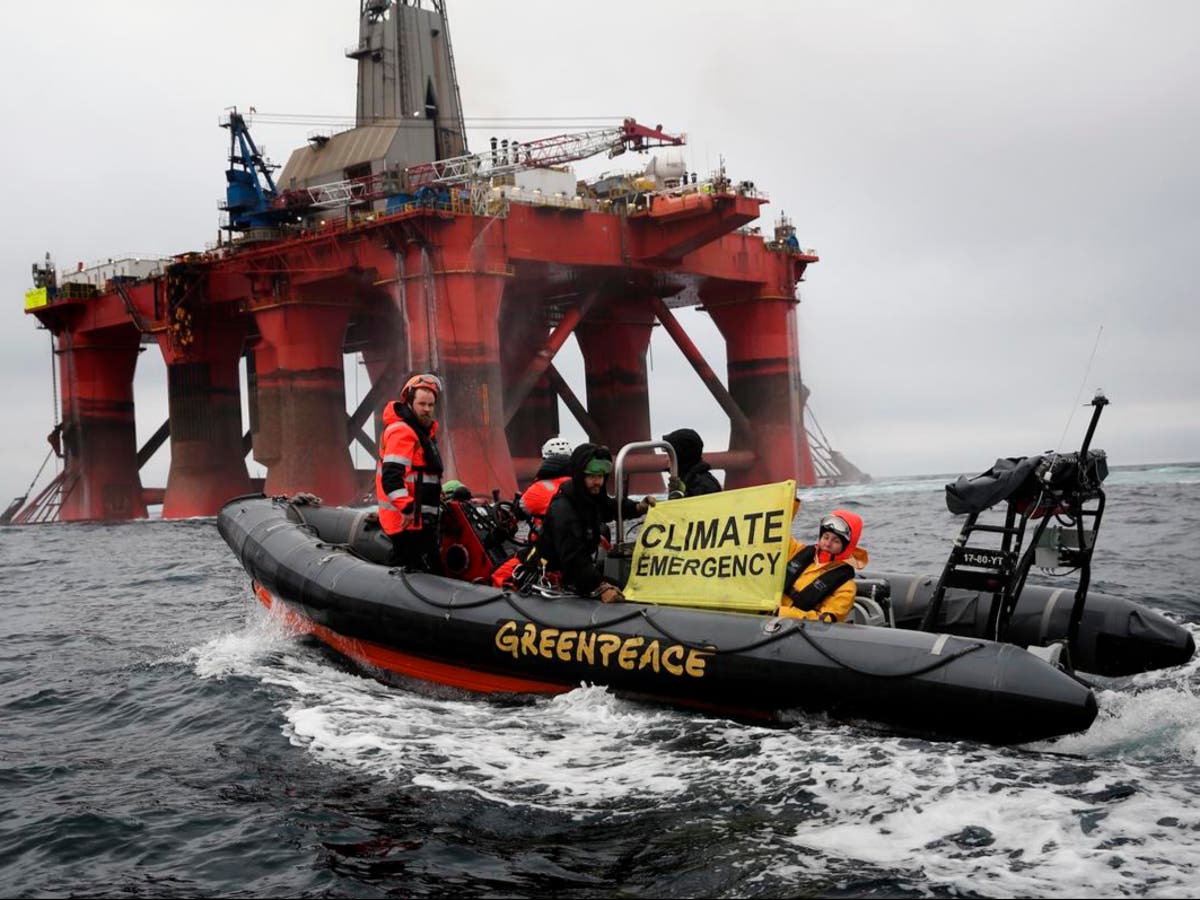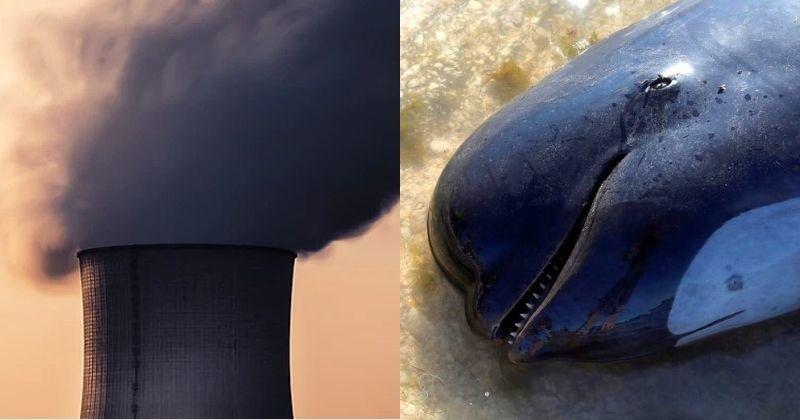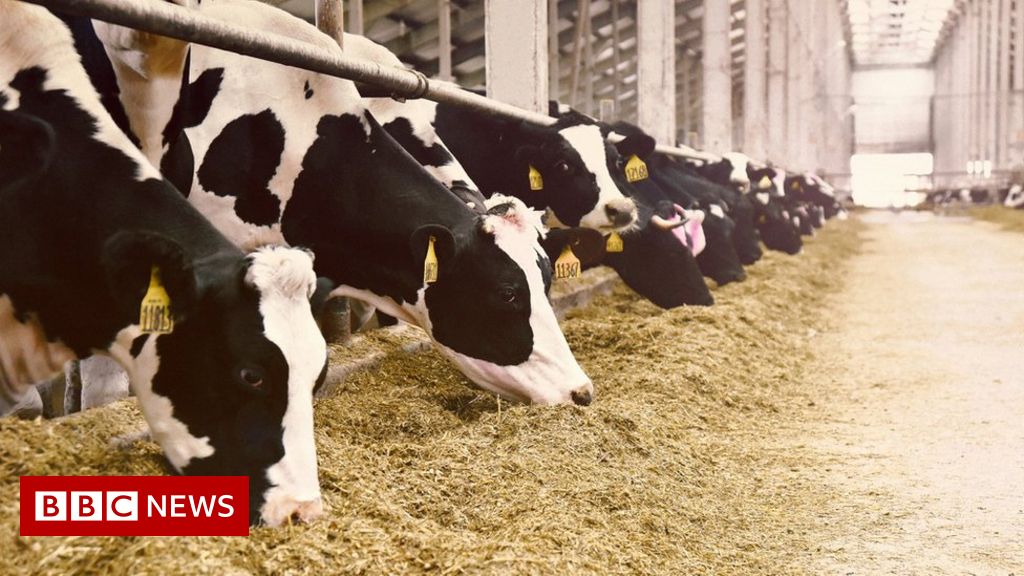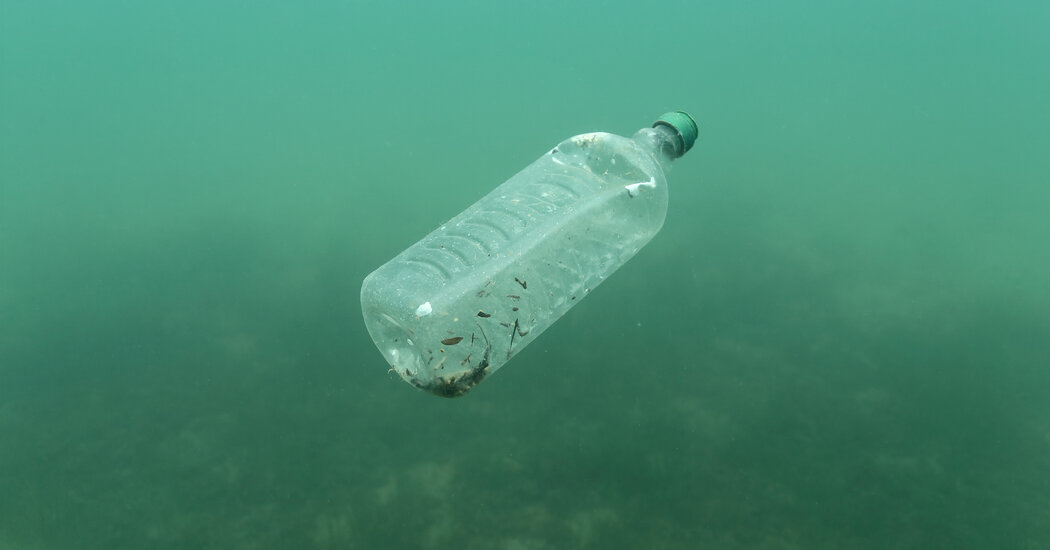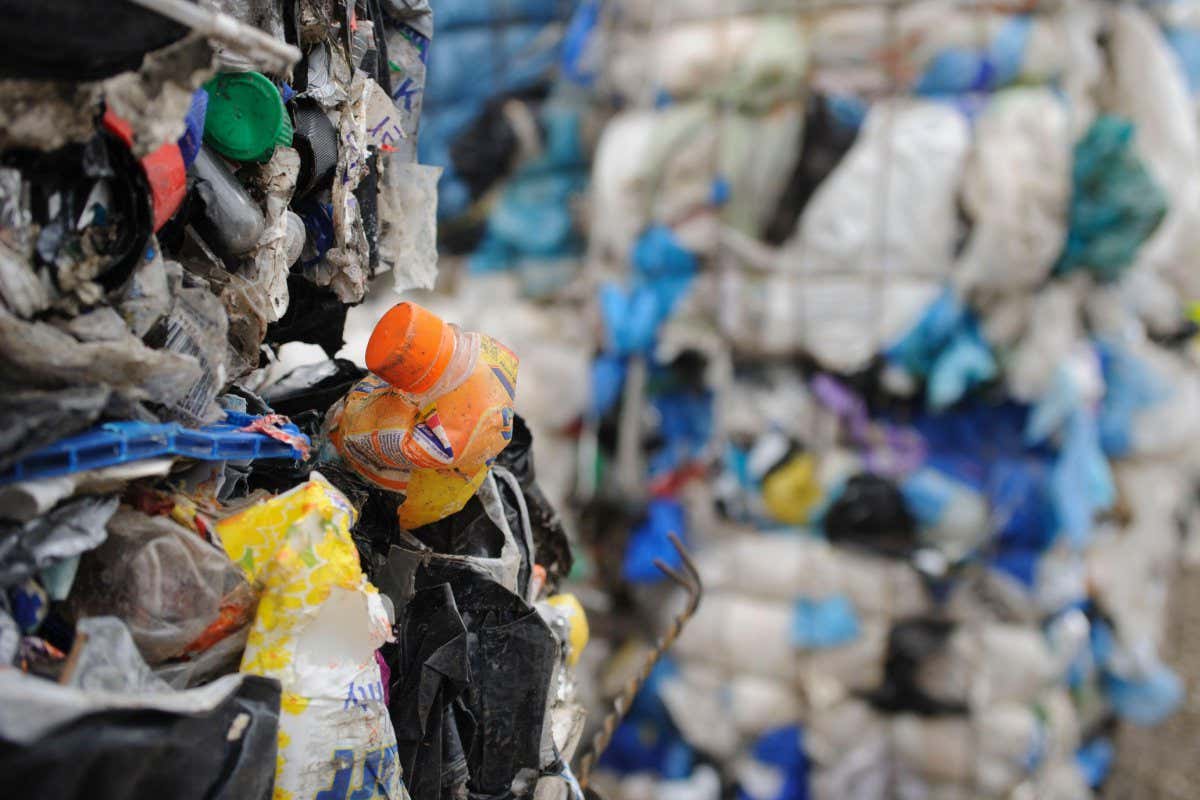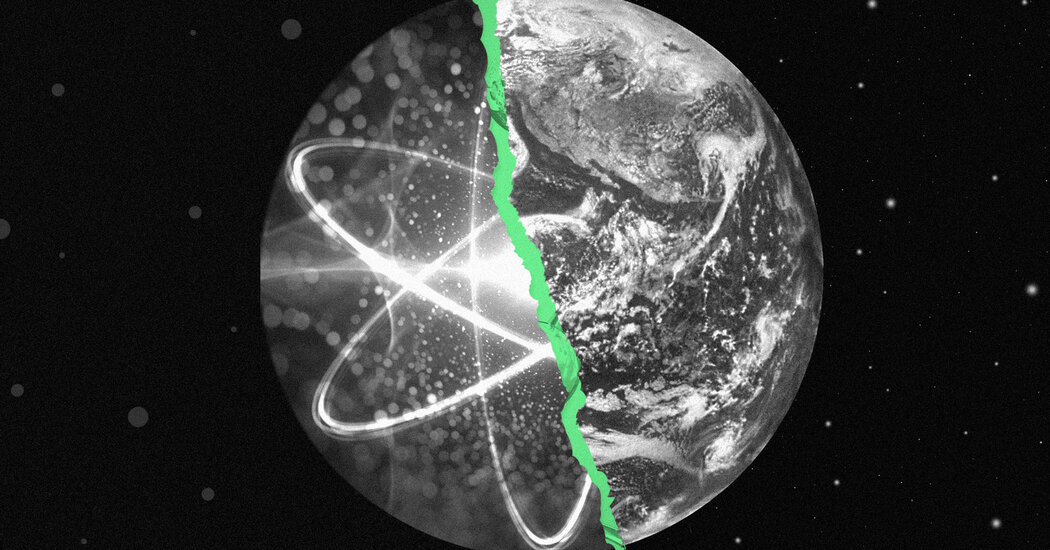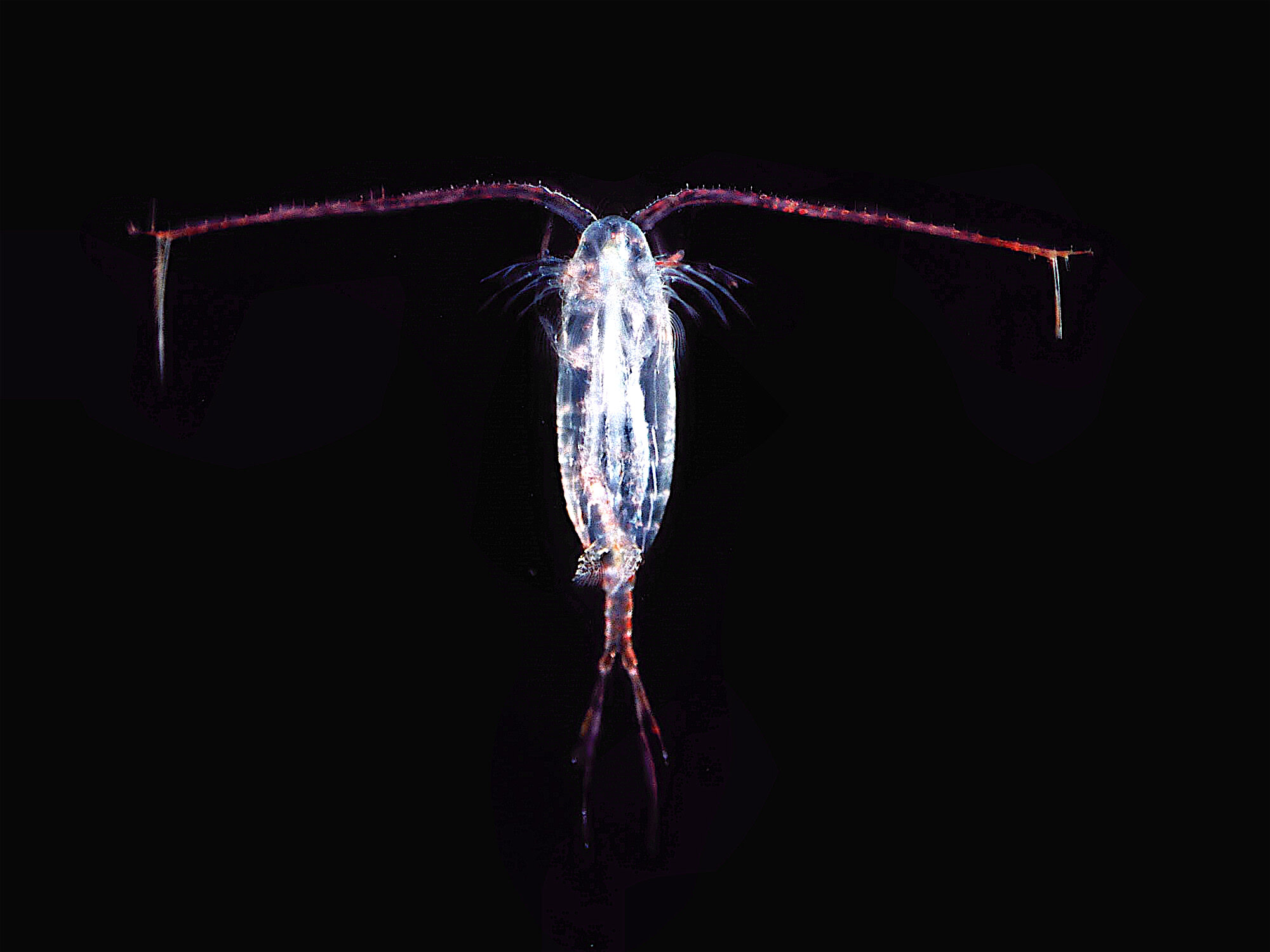‘Landmark’ court case pits Greenpeace against government over BP oil drilling licence, ahead of Cop26 Independent | 4 years ago
News
Predicting climate anomalies: A real challenge Phys.Org | 4 years ago
Carbon Emissions Making Oceans Hotter, Acidic And Killing Marine Life Fast The Times of India | 4 years ago
Buy less, repair more: How to be more self-sufficient in the age of the climate crisis Euronews | 4 years ago
Action 'needed now' to cut in farming sector emissions BBC News | 4 years ago
The US, Britain and Europe ‘led’ in creating climate change. China, Japan and Australia can lead the solution Post Magazine | 4 years ago
Fully Recyclable Paper Cups? They Exist, But You Won’t Find Them at Starbucks EcoWatch | 4 years ago
Residents in green neighbourhoods ‘less likely to develop heart disease’ Independent | 4 years ago
'Ban Neonicotinoids Right Now,' Say Conservationists After EPA Pesticide Review EcoWatch | 4 years ago
Climate Change: What Must Be Done, Now New York Times | 4 years ago
Queen Elizabeth to attend U.N. climate change conference Japan Today | 4 years ago
If We Stop Burning Fossil Fuels, Will We End Up With More Plastic and Toxic Chemicals? New York Times | 4 years ago
Global sand and gravel extraction conflicts with half of UN Sustainable Development Goals Phys.Org | 4 years ago
A Canadian bitcoin ETF aims to offset its climate impact by planting trees to become the 1st carbon-negative investment fund Business Insider | 4 years ago
AI accurately identifies whether objects can be recycled from a glance New Scientist | 4 years ago
Finding plastic-free alternatives to protect young trees Phys.Org | 4 years ago
Is There a Nuclear Option for Stopping Climate Change? New York Times | 4 years ago
When humans disturb marine mammals, it's hard to know the long-term impact Phys.Org | 4 years ago
For copepods, there is no free lunch when coping with climate change Phys.Org | 4 years ago
Climate change is accelerating, according to comprehensive study Phys.Org | 4 years ago
Ocean surface climates may disappear by 2100: study Phys.Org | 4 years ago
